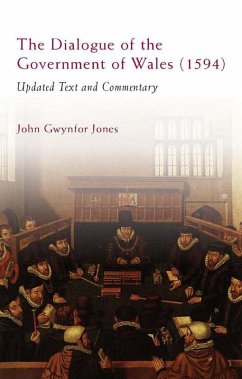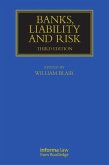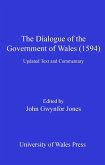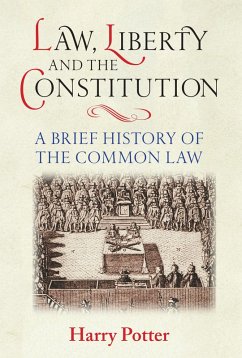This volume is broadly divided into two main sections. The first part comprises a detailed introduction to the background of "The Dialogue", written in 1594 by George Owen of Henllys, north Pembrokeshire, followed by an updated version of the text with explanatory notes. George Owen was the most observant Welsh historians of the late sixteenth century, and in the "Dialogue" he discusses the main functions of legal institutions of government in Tudor Wales following the Acts of Union (1536-43). The discourse is not merely a description of those institutions but rather, in the form of a dialogue, it provides an analysis of the good and bad aspects of the Tudor legal structure. Emphasis is placed on the administration of the Acts of Union, and comparisons are drawn with the harsh penal legislation which had previously been imposed by Henry IV. Owen reveals the strengths and weaknesses of the Henrician settlement, but heartily praises the Tudor regime, regarding Henry VII and Henry VIII as liberators of the Welsh nation which the author, in the 'prophetic tradition', associated with the nation's historic destiny. In this 'Dialogue' Demetus is described as a native Welsh gentleman and Barthol as the German lawyer from Frankfort travelling through Europe and observing legal practices. The Socratic method applied reveals the Renaissance style of conducting debates, a framework which gives the work much of its appeal. The "Dialogue" is an invaluable Tudor source which places Welsh Tudor government and administration in a broader historical perspective.
Dieser Download kann aus rechtlichen Gründen nur mit Rechnungsadresse in A, D ausgeliefert werden.









